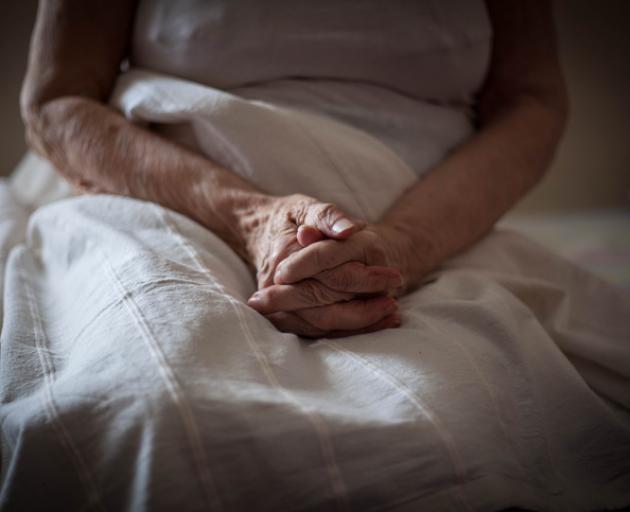
Deputy Health and Disability Commissioner Rose Wall has identified consumers' rights code breaches by Oceania Care Company and two registered nurses involved in the woman's care in 2018, following a complaint by her daughter.
The woman in her 70s had type 2 diabetes, dementia, asthma and a heart arrythmia and was reliant on "life-saving" time and dose-sensitive medicines including insulin and warfarin, which was noted on her admission assessment.
An investigation found she did not receive medication that could have managed her blood-sugar levels and ultimately prevented her death because of inadequate planning on admission, a failure to follow up a prescription request with her GP or pharmacy and a culture of poor communication.
Oceania general manager of clinical and care services Dr Frances Hughes said the woman's death was a nightmare scenario and the company's chief executive had unreservedly apologised to her family.
"It's shocking, it should not have happened," she said.
"We have done everything possible and invested in our systems and processes and our education, but at the end of the day it doesn't help the pain and suffering that this family has gone through."
The woman's daughter told the commissioner she was reluctant to put her mother in residential care and now feels a "deep sense of regret, self-reproach, loss, and hopelessness", and as though she failed "one of the people [she] loved most in this world".
"Multiple systems issues" were to blame for the woman's death, Hughes said.
"It's like a Swiss cheese," she said.
"There are individuals involved, there are systems involved, there are processes involved and at the end of the day we expect more. We've done a lot to prevent this happening again."
Oceania's overhaul included changes in senior management, a new resident management system, recruitment of nurse practitioners to work between centres and education and professional development for staff, Hughes said.
"I can reassure you that the circumstances that allowed this woman to go through what she did and then lose her life because of her blood sugar and her diabetes would not happen today," she said.
Four nurses involved in the woman's care no longer worked at the rest home, but no-one at Oceania had lost their jobs, Hughes said.
She declined to name the rest home at the centre of the case.
Deputy commissioner Wall made a number of recommendations, including that Oceania and the four nurses each write an apology to the woman's family, and that the company review policies and guidance for staff.
She also recommended the Nursing Council consider whether the competency of two of the nurses should be reviewed.
-By Jean Edwards












